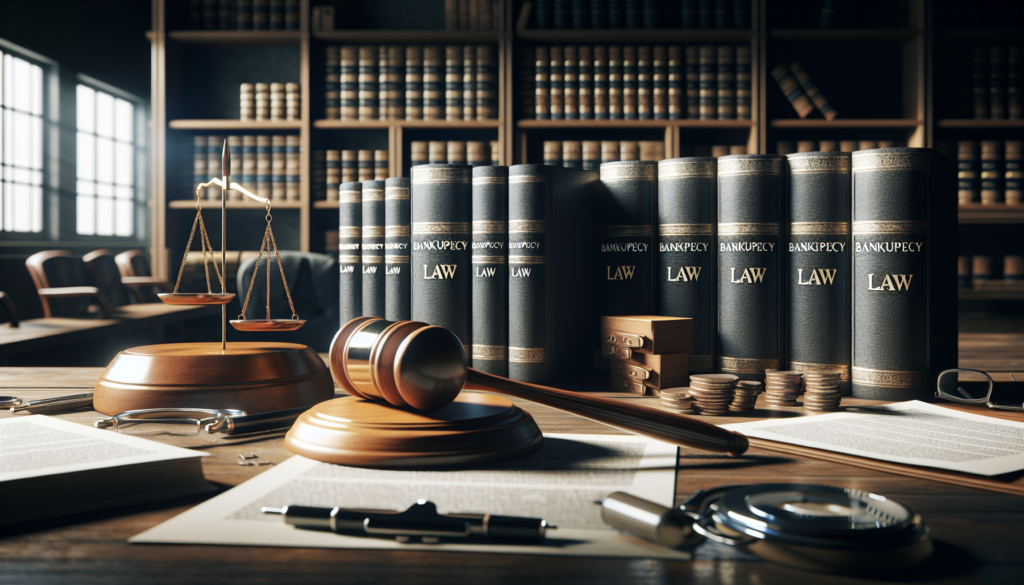
Filing for bankruptcy does indeed involve a legal process, which includes court involvement, but the extent to which you’ll need to appear in court depends on the specifics of your bankruptcy case. Here’s what you can generally expect regarding court appearances during the bankruptcy process:
Meeting of Creditors (341 Meeting)
Regardless of whether you file for Chapter 7 or Chapter 13 bankruptcy, you will be required to attend a meeting of creditors, also known as the 341 meeting. This meeting is not held in a courtroom nor presided over by a judge but is conducted by the bankruptcy trustee assigned to your case. During this meeting, the trustee and any creditors who choose to attend can ask you questions about your bankruptcy forms and financial situation. While technically a legal proceeding, the 341 meeting is usually more informal and takes place in a meeting room.
Chapter 7 Bankruptcy Court Appearances
In a straightforward Chapter 7 case, where no creditors contest your filing and there are no complications, the meeting of creditors may be the only time you need to appear at a bankruptcy-related proceeding. Most Chapter 7 cases are “no asset” cases, meaning there are no non-exempt assets for the trustee to sell, which simplifies the process further.
However, if issues arise—such as allegations of fraud, non-exempt assets that need to be addressed, or objections to your discharge—you may need to appear in court to resolve these matters.
Chapter 13 Bankruptcy Court Appearances
If you file for Chapter 13 bankruptcy, you will likely have to attend at least one court hearing in addition to the meeting of creditors. This is the confirmation hearing, where the bankruptcy judge will decide whether to approve your proposed repayment plan. Depending on the specifics of your case and whether any issues arise during the course of your Chapter 13 plan (which lasts three to five years), additional court appearances may be necessary.
Special Circumstances
There are other situations in both Chapter 7 and Chapter 13 cases where court appearances may be required. These can include motions to lift the automatic stay (if a creditor wants to proceed with foreclosure or repossession, for example), objections to your bankruptcy discharge, or motions you may file, such as a motion to remove a second mortgage in a Chapter 13 case.
While the prospect of going to court can be daunting, most bankruptcy filers find that their required court appearances are limited and not as intimidating as they might expect. The meeting of creditors is relatively straightforward, and any additional court hearings are typically procedural and aimed at resolving specific issues related to your bankruptcy case.
It’s important to have a knowledgeable bankruptcy attorney by your side to guide you through the process, prepare you for what to expect, and represent you during any court appearances. With the right preparation and support, navigating the bankruptcy court process can be a manageable step on the path to financial recovery.

Get a Free Bankruptcy Case Evaluation